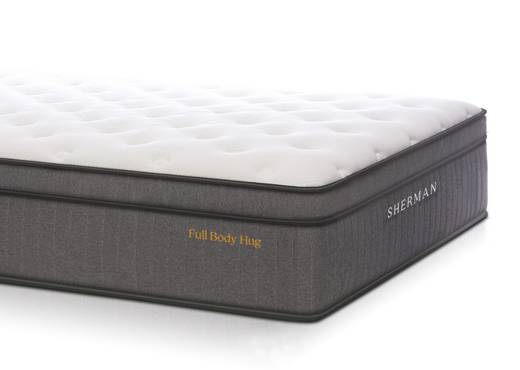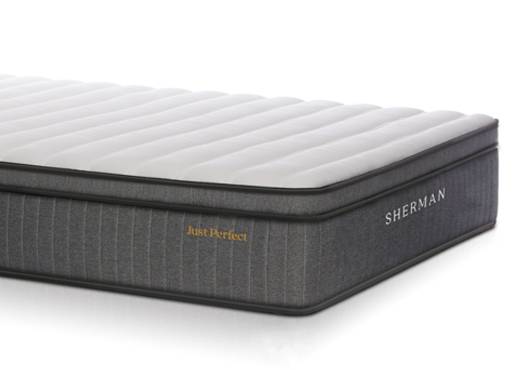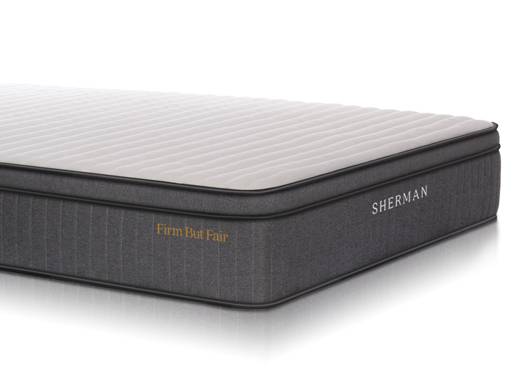There are many causes of hip and shoulder pain and unfortunately, any help that you find on the internet may not be of any help to you if it's not related to the cause of your pain.
Of course, we always recommend that you seek a diagnosis from a registered health care professional.
But, if you've had your problem diagnosed properly and the issue is caused by an injury or something more common like arthritis or bursitis, then simply the act of lying still for 8 hours can actually make the area feel more painful.
When you are immobile for a long period, the affected joints can swell and inflame, which leads to the pain and stiffness you feel first thing in the morning
That's not good for mattress makers like us, because you're going to wake up thinking that your mattress is causing the pain.
Health professionals will usually prescribe some sort of gentle, regular exercise to help with issues like arthritis. Movement increases the synovial fluid around your joints, this acts like an oil that helps the joints move smoother. Exercise also increases circulation in the body which brings oxygen and nutrients to the joints. And finally, exercise strengthens the muscles, ligaments, and tendons surrounding each joint, which help to brace and support the painful areas.
If you're suffering from any problems with your hips or shoulders, the most helpful piece of advice that we can suggest is for you to stop sleeping on your side.
Sleeping on your back is one of the most effective positions for pain relief for shoulder or hip pain, as it allows for a neutral, even distribution of your body weight and allows your body to rest in a stress-free posture.
If you've been a side-sleeper for a while, you may have to train yourself to stop rolling onto your side in your sleep. Try placing firm pillows to each side of your hips, or on either side of your head.
Aim to fall asleep on your back and resist the temptation to roll onto your side if you're struggling to fall asleep. Instead, try some breathing exercises or meditation to fall asleep in your chosen position.
If the problem is only in one hip (or shoulder), you may be ok sleeping on the opposite side but you'll need to place pillows strategically around yourself to keep the other side in alignment. Allowing your body to slump forward whilst you sleep will aggravate your sore shoulder or hip.
One thing we know for sure is that you probably won't be able to buy a mattress that will fix these hip and shoulder issues. However, a new, comfortable mattress that still has a good level of support will generally improve your sleep and this in itself can help most of us to manage pain.
Our 'Full Body Hug' mattress has a robust spring unit to help keep you in the right posture whilst you sleep, but plenty of cushioning on top to offer a great deal of comfort. We hear from quite a few of our customers that the level amount of comfort in this mattress it has helped them to find better sleep.
Go back to the article: "What's the best mattress for me?"
Any advice given in our articles is for information purposes only and not intended to replace advice given to your by your doctor or health care professional.




